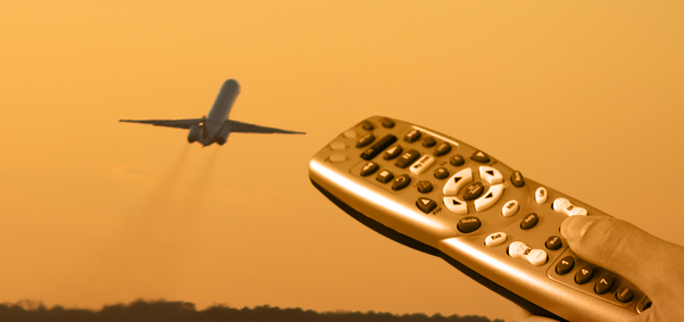“B y the way, an early termination fee for you is nonsense. If you’re keeping your Comcast service but just reducing some of your services, then there’s no cost to the company. It’s just charging a fee because it can.”
This was part of the advice Christopher Elliott imparted in this article to a reader who asked why Comcast would not remove an early termination fee despite remaining as a customer — albeit using fewer services.
The first though I had when I read that statement is what is the difference between reducing the services used with Comcast and procuring a lower airfare for the same flight on the same airline? Instead of an early termination fee, the airline will usually charge a change fee — rendering the quest to pay less for a restricted ticket already purchased virtually useless.
I know how it feels to purchase a restricted airfare at one price — only to see it significantly reduced after the purchase but before I am a passenger on that same flight; but it is not worth paying $200.00 to save $150.00, as an example…
…and there have been examples over the years where customers are charged extra to upgrade the service which had already been purchased. Is charging a customer a fee when they are already willing to pay more a sound business practice?
In all fairness, someone has to implement the requested change for a customer — whether it is an airline or a cable company. Even if it is only for a few seconds of work, that still costs the company money in terms of salary and benefits for the employee — a resource which could either be used somewhere else in the company or not needed altogether — who handles the customer request. Additionally, one can argue with Christopher Elliott that there is a cost to the company: as a simple example, instead of the company earning the original $200.00 for the service being provided, the customer is only paying $150.00. The cost to the company: $50.00 plus the aforementioned cost of salary and benefits to that employee — and I am not even citing that $50.00 on a per-month basis as would be the case with Comcast. Should we also count the operating costs of the computer, the network, the telephone line and equipment, the service which provides the music when a customer is placed on “hold”, Internet access, real estate to house where the employees work, water for when they use the toilets, taxes paid to the government, and electricity used to implement the change as part of the cost?
Someone might say that the airlines and cable companies are already paying for all of that anyway, so why charge the customer? Could that not be the same argument as to why Delta Air Lines does not freely offer upgrades to its premium class cabin on international flight for members of its SkyMiles frequent flier loyalty program who have earned elite level status? After all, some seats are going empty anyway — why not fill them?
One manager at Delta Air Lines reasoned to me in the past that that would decrease the value of its premium class cabin. If customers knew that there was a way that they could procure a seat in the premium class cabin on international flights for a lower cost — for example, purchase an inexpensive seat in the economy class cabin and hope for a free upgrade — then they could potentially exploit the system and deprive Delta Air Lines the revenue which needs to operate that flight.
There are people who could argue that that is currently the problem with the premium class cabin on domestic flights operated by Delta Air Lines, which offers unlimited upgrades to SkyMiles members who earned elite level status.
Does Comcast face similar issues with its basic cable services versus customers upgrading to its premium services?
By no means am I siding with the airlines and cable companies, as I believe that they should do whatever they can to satisfy the customer and ensure that purchasing their products and services is as quickly, seamlessly and easy as possible. In fact — despite there being times where I have actually been satisfied as a customer of Comcast over the years — I have my own stories of poor customer service and inexplicable billings to my account to tell…
…but should a company profit from changing a service to what is more appropriate to its customer — especially when a company can implement a change on its end at any time; and usually without financial penalty?
Perhaps I am “comparing apples to oranges”, so to speak. However, we are discussing companies which enjoy either a monopolistic or oligopolistic business environment under which they currently operate; and many of the policies and rules which they implement seem to fall under the reason of “because they can” — such as an airline charging $200.00 to change a restricted ticket which was already purchased or a cable company charging an early termination fee despite the person being served remaining as a customer…
…and yes, I am aware that there are times where paying a change fee or early termination fee on a service already purchased is still less expensive than if the customer had purchased a more expensive option where those fees could be avoided.
Are these examples discussed here cases where companies need to improve how they do business with customers — or are they cases of how nobody said that “life is fair” and just move on?
Am I wrong? What are your thoughts?
Photographic illustration ©2015 by Brian Cohen.

